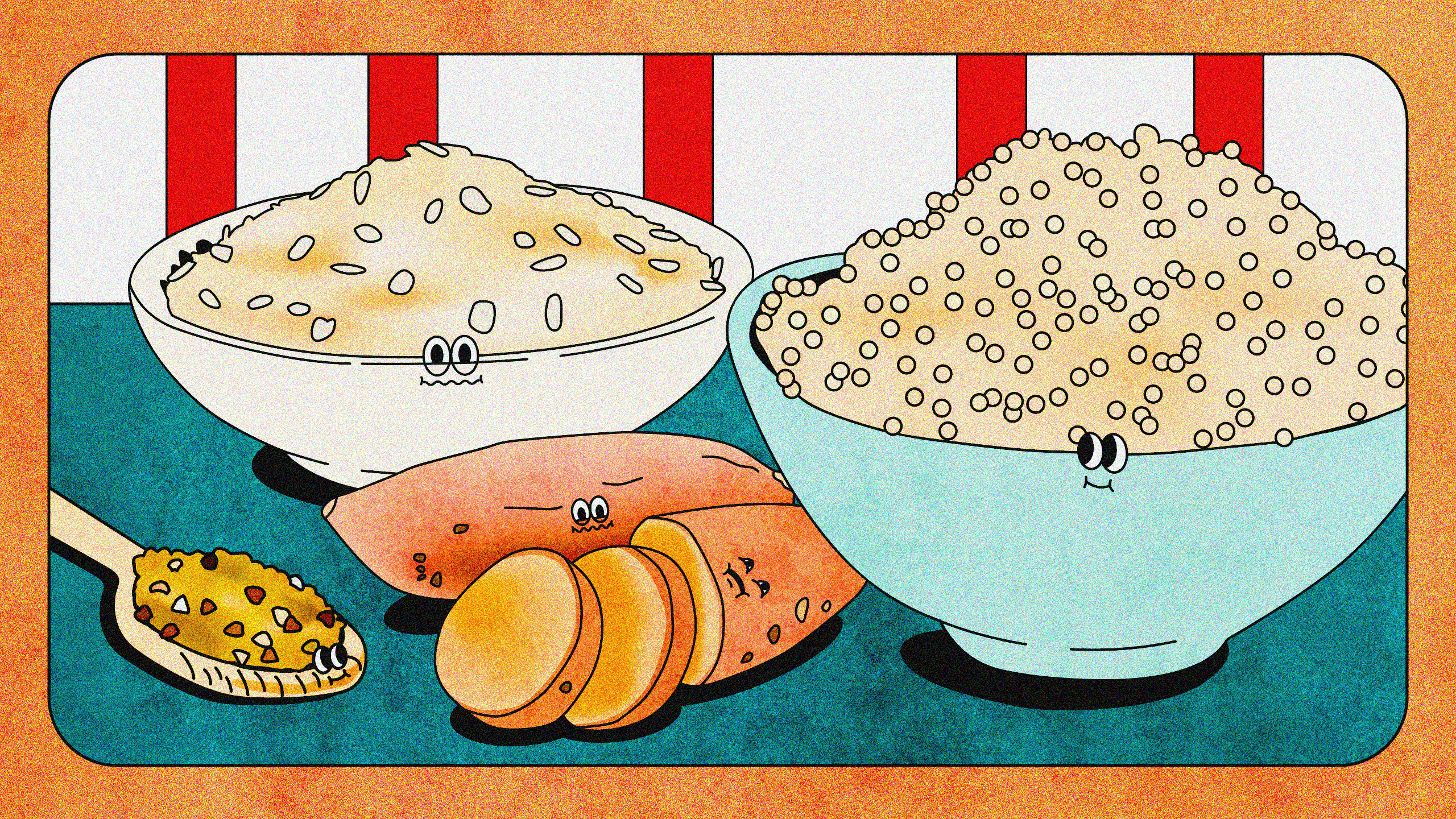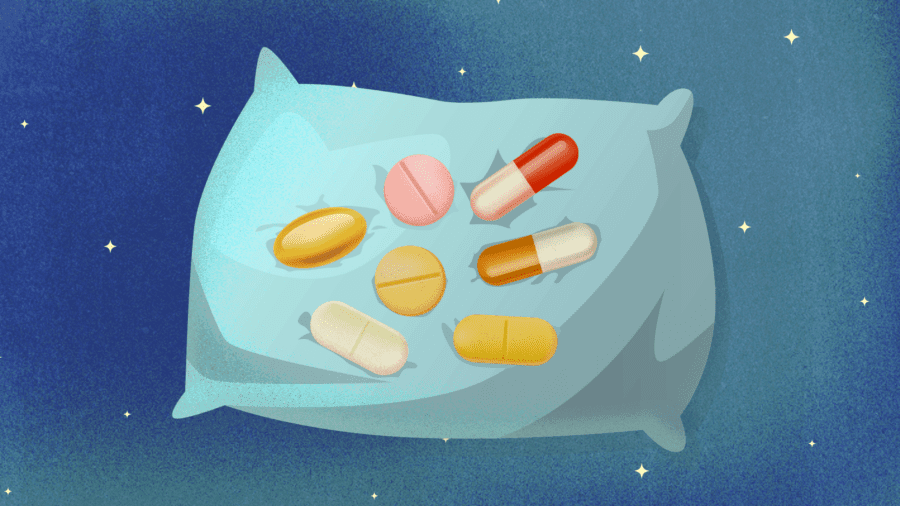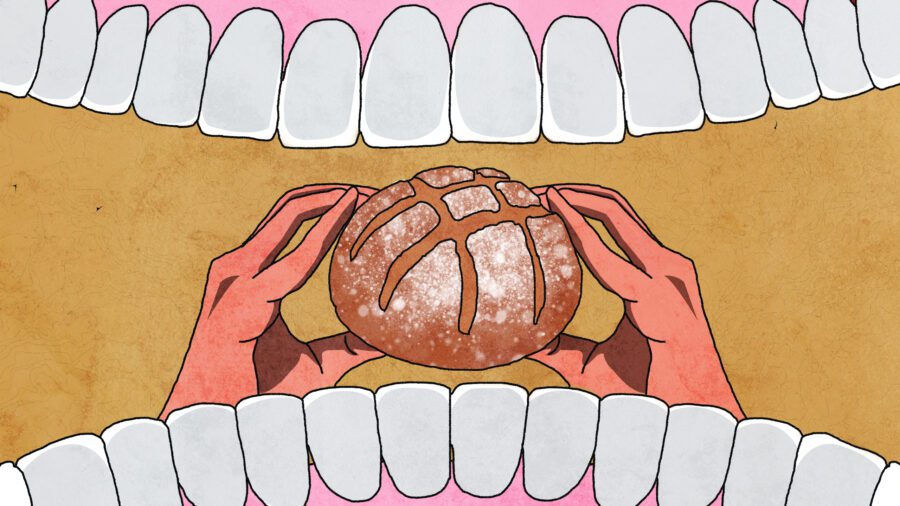
Attention All Carb Lovers: These 9 Carb-Rich Foods Are Actually Great for You!
Are all carbohydrates bad for you?
If you’ve ever been on a diet of any kind, you’ve probably heard this one piece of advice: stay away from carbohydrates.
Seems simple enough, right? You can achieve weight loss and a healthier lifestyle if you just steer clear of this evil food type. Then, the inevitable happens. You start researching what exactly a carbohydrate is, and you become discouraged. How are all of these foods carbs? What am I supposed to eat if I can’t have any of my favorite things?
We’ve got good news for you — not all carbohydrates are bad. In fact, many carbs are essential to remaining healthy and giving our bodies the energy they need to function properly, in addition to fighting off illnesses. The bad news, however, is that there are still carbs you should avoid. The trick is understanding which carbs are good and which carbs are bad.
Luckily, today’s article gives you everything you need to know if you’re looking for healthy carbs to incorporate into your diet.
All About Carbohydrates
Carbohydrates are a common macronutrient found in a wide variety of food and drink. Grains and other plant-based foods are the primary sources of naturally-occurring carbs in the diet. To increase a product’s shelf life, manufacturers often add starch or sugar — i.e. carbs — to processed foods, but in nature, carbohydrates can also be found in a variety of foods, including fruits, vegetables, milk, nuts, seeds, beans, and lentils.
There are three main types of carbohydrates:
Sugar
To put it simply, sugar is the most basic carbohydrate. Some foods, like fruits and vegetables, milk, and dairy products, contain it naturally. Sugar from fruit (fructose), table sugar (sucrose), and milk sugar (lactose) are the three main types of naturally-occurring sugar.
Cookies, sugary beverages, and candies are some examples of foods that contain added sugars, but sugars are found in many other sources.
Starch
One type of complex carbohydrate is starch. This means that it is composed of a large number of sugar units that have been chemically bonded together. Complex carbs are packed with more nutrients than regular carbs and they’re more filling, which makes them a great option for weight control.
Chickpeas, brown rice, quinoa, and buckwheat are some healthy examples of starches.
Fiber
Fiber is another type of complex carbohydrate and has many nutritional benefits. Not only does fiber feed your gut bacteria, but fermented, prebiotic fibers like chicory root and dandelion greens strengthen the colon wall, which promotes a healthier digestive system overall.
Pears, avocados, strawberries, beets, artichokes, and carrots are all great natural high-fiber sources.
Many packaged goods now advertise themselves as “low carb” or “net carbs.” Since these terms are not used by the FDA, there is no consensus on what they mean. Net carbs usually refer to the total amount of carbohydrates in a product after deducting the fiber content or the fiber content plus the sugar alcohol content.
What Is the Glycemic Index?
Even if you’ve never dieted before, you’ve likely heard mention of the glycemic index. But what exactly is the glycemic index? In terms of how much they raise blood sugar levels, carbohydrate-containing foods are ranked on the glycemic index.
The glycemic index is a system of assigning a number to carbohydrates based on how much each one increases an individual’s blood sugar. Though the term “glycemic index diet” is often tossed around, in itself, the glycemic index is not a diet but rather a tool — much like calorie counting — to guide one’s food choices.
Diets based on the glycemic index recommend cutting back on high-glycemic foods in order to lose weight. Potatoes, white bread, snack foods, and desserts made with refined flour all rank high on the glycemic index due to their amount of complex carbohydrates and low fiber content.
The glycemic index values of many nutritious foods tend to be lower. Examples include foods like whole grains, beans, vegetables, fruits, and low-fat dairy products.

The Greatness Mindset
Learn the secrets of some of the greatest minds in the world. Unlock the power of your mind and live your best life today.
Learn MoreWhy Are Carbs Important?
Carbohydrates, despite their usual negative connotation, are essential to your health. In fact, the majority of the energy that the body uses comes from carbohydrates. All the sugars and starches you eat are metabolized into simple sugars (glucose) in your digestive system. Blood sugar is the glucose that is subsequently absorbed into the blood.
Glucose then needs insulin to enter cells throughout the body; once the glucose and insulin combine, our cells convert glucose into usable fuel. Whether you’re going for a run or just breathing and thinking, glucose is there to keep you going. The liver, muscles, and other cells can all store glucose in excess. Alternatively, the body stores the excess glucose as fat.
Whole grains and dietary fiber from carb-rich whole foods have been linked to a reduced risk of cardiovascular disease and stroke. Obesity, colon and rectal cancers, and type 2 diabetes are just some of the diseases that fiber may help prevent. When it comes to digestive wellness, fiber is just as crucial as sugar.
The consumption of a diet rich in fruits, vegetables, and whole grains has also been shown to aid in weight management. These foods help in satiety and calorie restriction due to their high fiber and volume.
9 Carb-Rich Foods That You Should Be Eating
There’s a lot to explain when it comes to understanding the importance of carbohydrates. But one thing is simple, not only do they aid many of the body’s natural processes, but they can be quite tasty too. Here are 9 suggestions on some delicious carb-rich foods that you can incorporate into your diet.
1. Quinoa
In recent years, quinoa’s popularity among health-conscious shoppers has skyrocketed due to the seed’s high nutrient content. Since it is a seed that is cooked and eaten in the same way as a cereal grain, it is considered a pseudocereal.
When quinoa is cooked, it becomes a high-carb food because it is composed of 70 percent carbohydrates. On the other hand, it is a nutritious food that contains high amounts of protein and fiber. Health benefits, such as those related to blood sugar regulation and cardiovascular function, have also been attributed to the abundance of minerals and plant compounds in quinoa.
Since it is gluten-free, it is also a great substitute for wheat for those who must avoid gluten altogether. Being high in both fiber and protein, quinoa is also very filling. Therefore, it has the potential to aid in the maintenance of a healthy weight and digestive system.
2. Oats
Oats are an excellent whole-grain option because they contain a wide variety of beneficial nutrients. Seventy percent of the calories in a serving of raw oats come from carbohydrates. The dietary fiber content is 12 percent of the total carbohydrate content in a 1-cup serving. Specifically, oats have a lot of beta-glucan fiber.
In comparison to other grains, oats have a higher protein content as well. Eating oats has been linked to lower levels of bad cholesterol, which in turn lowers the risk of heart disease. Those with type 2 diabetes may also benefit from eating oats because they have been shown to reduce blood sugar. Much like quinoa, oats are also filling, so they may also aid in weight control.
3. Buckwheat
Buckwheat is also considered a pseudocereal like quinoa. However, despite it having a glutinous-sounding name, it is not a type of wheat and therefore does not contain gluten. Per 100 grams, raw buckwheat has 75 grams of carbohydrates, while cooked buckwheat groats have only about 19.9 grams of carbohydrates. Buckwheat is a great source of nutrition due to the protein and fiber it contains. Comparatively, it has a higher concentration of minerals and antioxidants than most other grains.
Both human and animal studies point to its potential benefits for cardiovascular health and blood sugar regulation.
4. Sweet Potatoes
In addition to being delicious, sweet potatoes provide a number of health benefits. About 20.7 grams of carbohydrates (starch, sugar, and fiber) can be found in half a cup (100 grams) of mashed, cooked sweet potatoes with their skin on. Vitamin A, vitamin C, and potassium are also all abundant in sweet potatoes.
And they are jam-packed with antioxidants too, which are compounds that help neutralize harmful free radicals in your cells, protecting you from chronic disease!
Join In 200 Million+ On The Journey to Greatness
5. Kidney Beans
Kidney beans are a type of bean that belongs to the legume family. As a whole, kidney beans have about 21.5g of carbohydrates per 100 grams once they’ve been cooked, and protein is abundant in this legume as well.
In addition to being high in protein, kidney beans also contain a wide variety of essential nutrients. Both anthocyanins and isoflavones, two types of antioxidant compounds, are abundant in these foods. Among their many other health benefits are better control of blood sugar and a lower risk of colon cancer.
6. Oranges
Water makes up the majority of an orange, with only about 15.5 grams of carbohydrates per 100-gram serving. As a bonus, they are also a rich source of fiber.
Oranges are a great source of vitamin C, potassium, and certain B vitamins. Also, citric acid is one of the many beneficial plant compounds and antioxidants found in these foods. It has been suggested that consuming oranges can aid in the prevention of kidney stones and also help improve heart health. They might also aid in the absorption of iron from the foods you already eat, making you less susceptible to iron deficiency anemia.
7. Beets
Beets are a type of purple root vegetable, and as far as non-starchy vegetables go, they have a surprisingly high number of carbohydrates. About 10 grams of carbohydrates per 100 grams, mostly from sugar and fiber, can be found in both raw and cooked beets.
In addition to being rich in nutrients, beets contain potent antioxidants and plant compounds. Nitric oxide is produced in the body from inorganic nitrates, which are abundant in beets, and it may reduce the risk of several diseases. Nitrates are also found in abundance in beet juice, which some athletes drink to improve their performance. Since nitric oxide helps to dilate blood vessels, more oxygen can be delivered to working muscles.
8. Blueberries
Due to their high antioxidant content, blueberries are frequently promoted as a “superfood.” There are about 14.5 grams of carbohydrates per 100 grams, along with mostly water. Furthermore, blueberries are an excellent source of numerous vitamins and minerals, particularly vitamin C, vitamin K, and manganese.
Blueberries, as shown in numerous scientific studies, are an excellent source of antioxidant compounds that can defend your body from potentially harmful free radicals. For older adults, there is some evidence that a diet rich in blueberries can help them retain information better.
9. Chickpeas
Chickpeas are legumes that can also be referred to as garbanzo beans. They have 27.4g of carbohydrates and almost 8g of fiber per 100g when cooked. Additionally, they have a lot of protein for being plants.
Chickpeas are an excellent source of nutrition, as they are rich in minerals and vitamins like iron, phosphorus, and the B-complex. These legumes have also been linked to improved heart and digestive health, and some in vitro studies suggest they may also help protect against certain types of cancer.
Keep the Carbs Coming!
Carbohydrates, despite the recommendations of many fad diets, are essential to a healthful diet. In fact, the majority of Americans should get 45–65% of their daily calories from carbohydrates, according to the Dietary Guidelines for Americans (2020–2025). Therefore, if you consume 2,000 calories daily, 225 to 325 grams of carbohydrates should be included in your diet. That’s definitely not a low-carb diet!
That being said, you shouldn’t eat a whole box of cookies and drink a gallon of sweet tea just to make your goal. Selecting the right kinds of carbohydrates is crucial for maintaining satiety, regular bowel movements, and even disease prevention. By including the foods in this article in your diet, you’ll be eating well and working towards a healthier you!
Greatness Authors
Greatness Authors is a collection of writers, thinkers, curiosity experts, and students of the world who are committed to bringing you the most up-to-date, impactful, and inspiring information surrounding Greatness topics.

Do You Have to Be a Morning Person to Be Successful? Here’s What Both Sides Have to Say

9 Reasons You’re Tired All the Time & How to 10x Your Energy

How to Have a Healthy Romantic Relationship Even if You Share Different Beliefs

The 7 Best Vitamins to Naturally Promote Better, Uninterrupted Sleep According to Shawn Stevenson

The Science of Forming Healthy Habits & Letting Go of Bad Ones, According to Author James Clear










